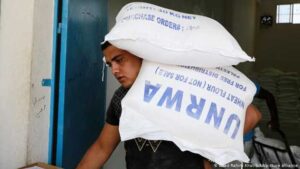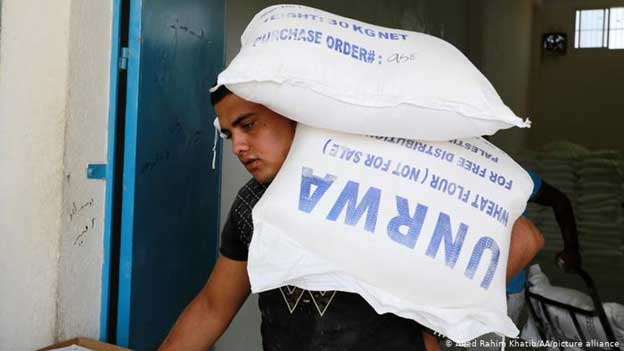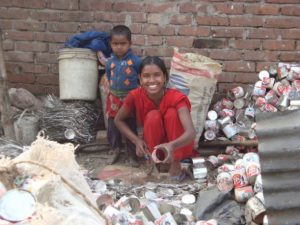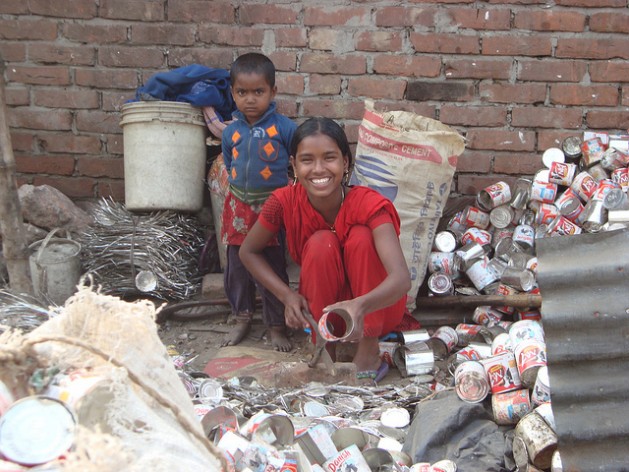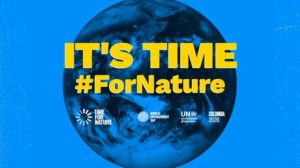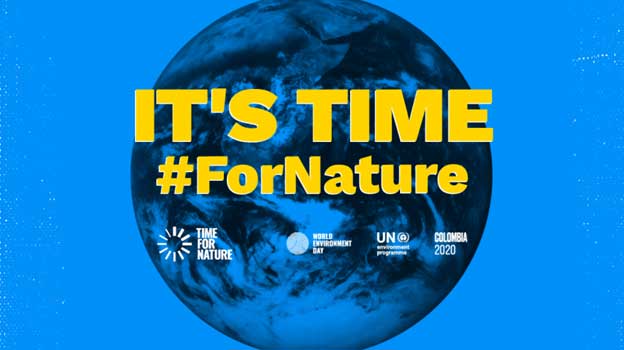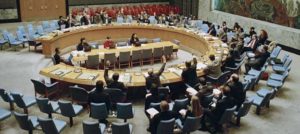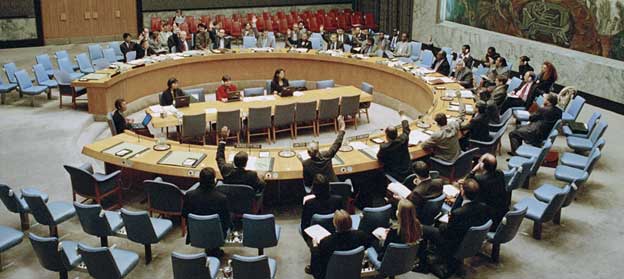
Civil Society, Crime & Justice, Environment, Headlines, Human Rights, Latin America & the Caribbean, TerraViva United Nations

The Escazú Agreement is the first binding instrument of its kind in the world to include provisions on environmental defenders. Credit: David Paniagua / Amnesty International.
– The global health crisis that has marked 2020 did not put an end to another pandemic that has been plaguing Latin America and the Caribbean: murders and attacks against environmental defenders.
While COVID-19 may have eclipsed the momentum built up by young activists globally around the climate emergency in 2019, their efforts – together with those of organizations and coalitions from all over the region – have resulted in a positive outcome in this most difficult of years: more than 11 countries have now ratified the Escazú Agreement, meaning it will finally enter into force. Another 21 countries in the region have yet to join, however.
UN representatives have emphasized that the pandemic should be seen as a wake-up call to reconsider our relationship with the environment rather than as an excuse to bring progress towards protecting our planet to a halt. This is why the Escazú Agreement is more important now than ever.
In March 2018, governments from Latin America and the Caribbean agreed the region’s first binding treaty to protect the rights of individuals and groups in relation to accessing information, participation and justice in environmental matters.
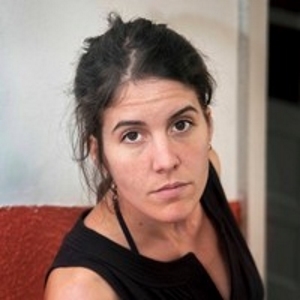
Graciela Martínez. Credit: Credit: Courtesy of the author.
Costa Rica and Chile were at the forefront of these negotiations in the run up to its adoption. Costa Rica, however, is still in the process of ratifying the text, which is tabled before its Legislative Assembly, and Chile has yet to sign it. This latter’s failure to do so is all the more surprising and contradictory since it has, in the past, been a leading international force in environmental protection, even chairing the COP25.
The Escazú Agreement is innovative, for one thing because it is the first binding instrument of its kind in the world to include provisions on environmental defenders. The agreement recognizes the importance of such people’s work and obliges states to ensure their protection by establishing guidelines on appropriate and effective measures that can be taken to ensure they are able to work in safety.
These provisions are in response to the hostile climate faced by environmental defenders in Latin America and the Caribbean. Colombia, Brazil, Mexico, Guatemala and Honduras are some of the most dangerous countries in the world in which to defend land, territory and environment, according to the latest report by the international organization Global Witness.
It is no coincidence that virtually none of these countries have yet ratified the Escazú Agreement (the Mexican Senate approved its ratification just one month ago). Furthermore, according to this same report, Honduras – which suffers the highest per capita number of murders of environmental defenders – has not even signed it.
Two other major countries that have yet to ratify it and where Amnesty International has documented attacks against people defending the land and the environment in recent years are Peru and Paraguay.
There are a number of cases that can be used to illustrate this context, some of them better known than others, but all of which we have been working on in recent years.
The indigenous Lenca defender Berta Cáceres was murdered in Honduras in 2016 as a result of her opposition to the Agua Zarca hydroelectric dam project. She was coordinator of the Civic Council of Popular Indigenous Organizations of Honduras (COPINH).
Then there is the indigenous Rarámuri defender Julián Carrillo, murdered two years ago in the Sierra Tarahumara, in northern Mexico, after expressing his opposition to a mining concession in his community’s territory because of its social and environmental impacts. Both families are continuing to seek justice.
There are others who are still alive but either in prison or displaced from their homes. In Guatemala, Bernardo Caal Xol, indigenous leader of the Q’eqchi’ Maya people and prisoner of conscience, has been unfairly incarcerated for more than two years now for defending the rights of the communities of Santa María Cahabón, which have been affected by the construction of the OXEC hydroelectric plant on the Oxec and Cahabón rivers.
Danelly Estupiñán, defender of the rights of Afro-descendent communities in Colombia, was forced to leave her home after receiving threats and harassment.
Almost all of these people had been granted some form of protective measures in their respective countries but these have not managed to address the structural causes of the violence they face. It is also no coincidence that all these individuals come from the different cultural backgrounds that make up Latin America and the Caribbean’s diversity.
It is precisely this diversity that the Escazú Agreement recognizes and, although it does not explicitly refer to the right to free, prior and informed consultation as recognized in International Labour Organization (ILO) Convention 169, the two instruments are clearly complementary.
This point is really important because behind many of these socio-environmental conflicts lies a lack of information and inclusion in the decision-making process on the part of those affected and a lack of effective mechanisms for accessing justice.
This is most evident in the case of indigenous and tribal peoples, whose exclusion is historical. The right to access information on environmental matters, key to the Escazú Agreement, is part of the informed consent of indigenous and tribal peoples, as is effective participation through legitimate representation and the incorporation and facilitation of traditional decision-making methods.
Of the 33 countries in the region, 24 have already signed the Escazú Agreement and 12 have ratified it. Argentina and Mexico still have to deposit the instrument with the Economic Commission for Latin America and the Caribbean (ECLAC) to make it official. Once one of them does so, the agreement will enter into force 90 days later.
Countries that have not yet ratified it can still continue the process. The period for depositing signatures closed on 26 September but the nine countries that have not yet signed can now adhere to the agreement.
There is still a long way to go before we even consider what implementing the Escazú Agreement will mean for each country. But today, on the 22nd anniversary of the Declaration on Human Rights Defenders, when the International Day of Human Rights Defenders is commemorated, Latin America and the Caribbean can celebrate the fact that the region has this year taken an historic step and, unless there are any last minute surprises, will soon finally have an instrument in response to at least one of the region’s pandemics.
Graciela Martinez is Amnesty International’s campaigner for human rights defenders in the Americas

